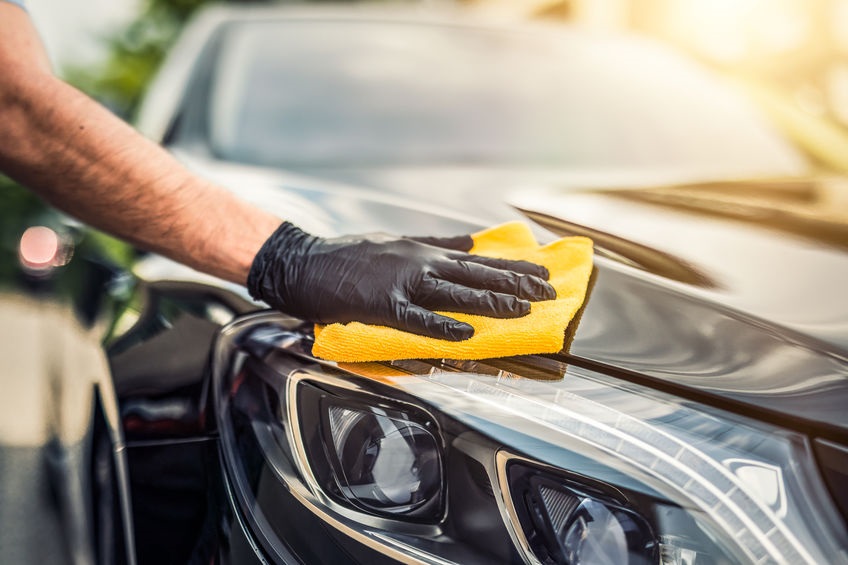To Paint or Not to Paint? That is the Question

At IPS Paint Supplies we have a regular influx of car enthusiasts who come to us for recommendations on what paint and equipment they will need to paint their car. Though we are very happy to pass on suggestions and tips, we usually recommend that the job is done professionally in a auto-repair garage. This is because DIY paintwork ALWAYS shows up and in most cases results in a serious loss of value of the car. Also, you should never attempt to paint your car if you are planning to sell the vehicle.
That said, if this is a hobby or ongoing interest and something you really want to commit to, here are some tips which you should follow:
Preparation and Materials
You will need to position the vehicle in an enclosed space like a garage or car port to protect it during all processes.
Before you start painting your car, you will also need to invest in the right paint and equipment. You also need to understand the different steps you will have to undertake for the best results.
Preparation is all important. Your car should not be just washed and dried but rigorously cleaned to get rid of all particles and debris which may be sticking to the surface. Putting the car through a car wash is a good idea but make sure you don’t go for the option for a hot wax as this will create a layer of wax on the surface of the vehicle.
You should also detach any removable parts such as lights, decorative strips, hub cabs, door handles etc. If necessary these can be painted separately but using the same colour matches and spray guns.
Once these parts have been removed, you will need to tape over areas such as windows and their rubbers, headlights and rear lights (if they haven’t been removed) or the spaces left by the light s fi they have. We recommend using a high-grade crepe tape for this job.
You then need to beat out any dents or fill them with a special, high-grade filler.
Repairing dents to paint a car yourself accentuates dents. Investing sufficient time and effort to remove all dents or fill them, you ultimately have a much better result. Be sure to beat out the dents and do as little filling as possible. This always provides the best results.
To ensure the new paint sticks firmly to the car, you need to sand the surface down. We suggest using a 400- or 600-grit sandpaper and a sanding block. You should only work by hand to ensure a gentle sanding process which cannot be achieved with a sanding machine.
Next you should clean the sanded surface with a silicone cleaning liquid in order to remove the dust left from the sanding and filling processes.
Spray-painting Your Car
For completely spray-painting your car you will need to invest in a compressor, a spray-paint gun and a mixing bucket for mixing the paint with thinner and hardener. Wear protective clothing all over your body including an appropriate face covering. Work from the top downwards and apply crosswise.
Once the paint has been applied and has been left to dry out completely, use very fine-grained sandpaper and a suitable polish.
Materials and Equipment from IPS Paint Supplies
As we supply a huge number of professional auto-repair shops across South West Wales, we have all of the paints and related equipment to enable you to paint your car yourself. We also offer a colour-matching service. To find out more about how to colour match your car paint and what humidity and temperature levels you should be working at click here or you can call a member of our team on the number below:

